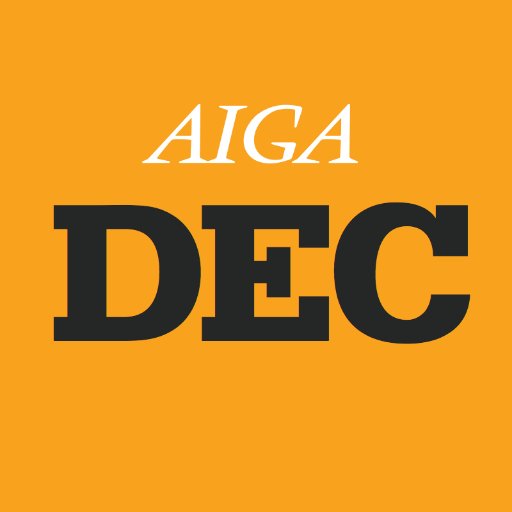
AIGA Scholarly Journal Examines the Pandemic, Talks Design Thinking, and Looks at Ways to Support Students’ Mental Health
Dialectic, AIGA's esteemed scholarly journal of thought leadership, education and practice in and around the discipline of visual communication, returns
New York, NY—AIGA, the professional association for design, is pleased to announce the publication of Dialectic, Volume III, Issue I Winter 2021/2022. This issue marks the return of the scholarly journal to the design education and thought leadership space.
Dialectic is the official scholarly journal of the AIGA Design Educators Community (DEC). It is a fully open access journal devoted to the critical examination of issues connected to that affect design education, research, and inquiry as they affect the practice of design and the critical inquiry that informs it. The journal publishes scholarship, analytical study and criticism that enlightens and informs a diverse audience of design educators, practitioners and collaborators who engage in differing forms of teaching, research and professional practice.
“Dialectic provides a rigorously peer-reviewed forum for those working across the design education, research, and practice landscapes to share new knowledge they’ve created and discovered with an ever-increasing array of peers, potential collaborators and scholars. It also plays an essential role in elevating the perception of the unique decision-making processes that guide design as being vital to advancing positive socio-cultural, economic, public policy and technological change,” said Michael R. Gibson, Dialectic’s co-managing editor and producer.
In this issue of Dialectic:
Theoretical Speculation: Design Exploration as a Research Discovery Phase: Integrating the Graduate Design Thesis with Research in the Social Sciences, by Matthew Peterson
Research Paper: Design Thinking? Thank an Engineer, (listen to the audio version) by Steven McCarthy
Research Paper: From the Observable to the Explorable: Investigating Creative Research in Design as a Means for Guiding Critical Action, by Brooke Chornyak and Tania Allen
Visual Essay With Accompanying Prose: Processing the Pandemic, by Meaghan A. Dee
A Case Study Report Contextualized Within A Position Paper: Examining the Influence of Positionality on the Facilitation of Design Processes, by Terresa Moses and Lisa Elzey Mercer
Long-Form Case Study Report: Supporting Student Mental Health in an Information Design Class by Employing Approaches Derived from Positive Psychology, by Yvette Shen
Critical Book Reviews: Collaboration in Design Education, review by Meaghan A. Dee and Jessica Jacobs
“Congratulations to the editors, writers, and the design educators community on the return of Dialectic,” said AIGA’s Executive Director, Bennie F. Johnson. “This journal is an important publication in the design education space and I’m glad that we are once more able to share it with the larger community.”
Engage & Learn
Partner
Connect
Sign-up for our newsletter
Subscribe228 Park Ave S, Suite 58603
New York, NY 10003
© 2024 AIGA
Terms & Conditions